China’s home market fell at a fast pace at the start of 2022. Even though the government lifted some restrictive policies late last year, the housing market has, so far, not been pulled out of its slump.
The value of homes sold in the first two months of 2022 fell 22 percent from last year, the National Bureau of Statistics data showed in mid-March. Separate data from researcher China Real Estate Information Corp. (CRIC) indicated that sales at the country’s top 100 real estate firms sank by 47 percent in February.
“The market has yet to show a clear recovery,” said Lin Bo, director of research at CRIC. In the housing market, “supply, demand, and prices are going down,” he added.According to China’s National Bureau of Statistics data, new home prices fell 0.13 percent in February from the prior month, marking the sixth consecutive month of decline. Buyers are reluctant to take out mortgages now that the economy is hampered by another surge in coronavirus infections and subsequent lockdowns, making the employment situation uncertain.
“Buyers’ wait-and-see sentiment remains heavy in the home market,” CRIC research analyst Yang Kewei wrote in a note, adding “the market hasn’t bottomed out. ”
New medium- to long-term loans to households, most of which are presumed to be mortgages, hit a net negative in February, according to the People’s Bank of China. This is a first in at least 15 years, despite efforts by financial institutions to cut borrowing rates, or by local governments to lower tax rates and down payment requirements.
In the first two months of 2022, the area of land purchased by developers, as well as the area of new home starts and completed houses, declined by 42 percent, 12 percent, and 10 percent, respectively, compared to the same period last year, an official report revealed.
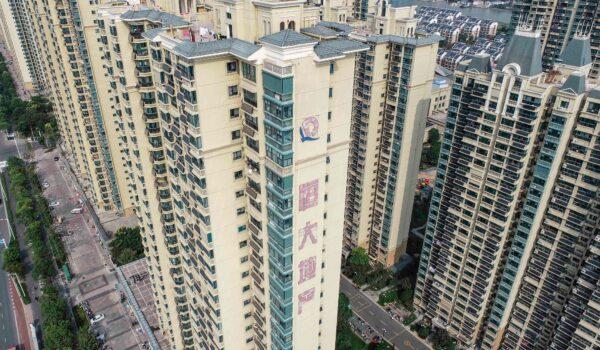
Property developers in China have been under pressure since the government set limits on their extravagant borrowing habits in the summer of 2020. Investors have dumped developer dollar bonds, pushing average yields to around 30 percent in recent months, making it too costly for most developers to raise money in the debt markets. To avoid default, many developers are scrambling to sell houses at steep discounts and secure cash quickly, which is further dampening prices.
Chinese officials announced on March 16 that they will implement “strong and effective” measures to reduce risks in property firms, and facilitate their transition to a new development model. The upbeat tone may have given investors some hope, prompting a stock rally, but the substance of the policies that will eventually be introduced remains unclear.
Kristy Hung, an Asian real estate analyst at Bloomberg Intelligence, said that any more aggressive easing measures rolled out at this point could be “too little, too late.”
According to Refinitiv data, Chinese real estate developers have $117 billion worth of debt maturing in 2022, with $36 billion of them denominated in dollars.
“There will be no significant improvement in the capital markets (for the property sector) in the next three to six months,” Fitch Ratings stated in early March, as sector fundamentals and investor appetite remain weak.
Some investors are still concerned that the property stocks rally is not sustainable, given the fact that it takes place against the backdrop of ongoing problems for China’s largest developers.
Last week, Fitch Ratings downgraded the Issuer Default Rating (IDR) of Sunac China, the nation’s third-biggest property developer by sales, three notches to “B-” making it harder for the company to borrow money. The developer might not be able to meet its huge debt repayments of nearly $4 billion due this year. Three rating firms cut its rating in January and February, heightening the repayment risk.
Indebted developer Evergrande has more than $300 billion in liabilities, and is under pressure to pay suppliers and migrant workers and complete millions of unfinished homes. The company, along with its affiliates, suspended stock trading in Hong Kong on Mar. 21, according to exchange filings.
China’s property market is a crucial contributor to the economy, accounting for between 17 and 29 percent of GDP depending on the industries covered, such as steel, cement, glass, and household appliances, all of which are vulnerable to housing demand declines.
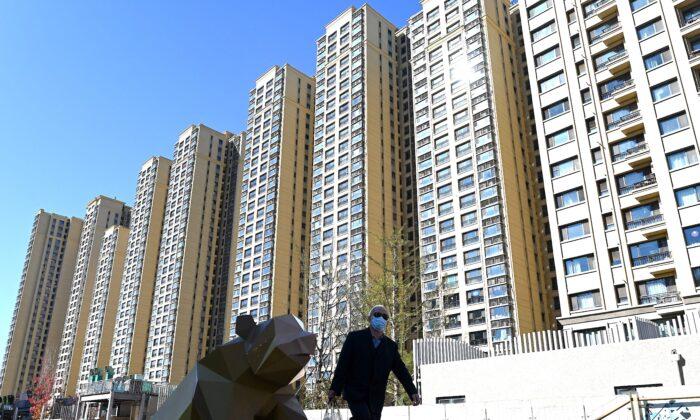
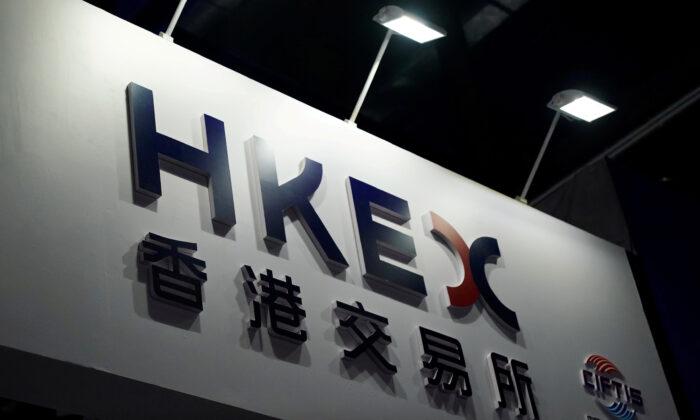
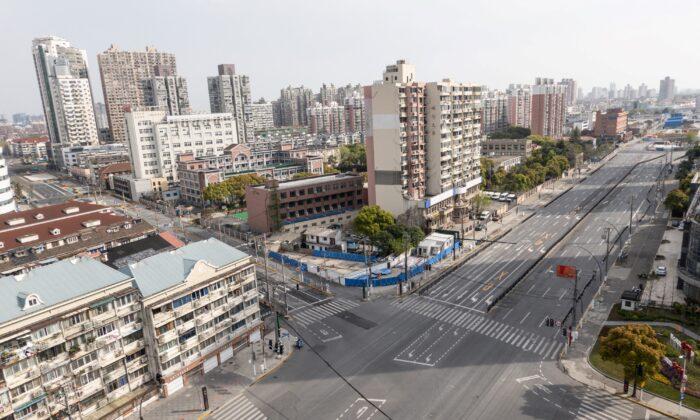

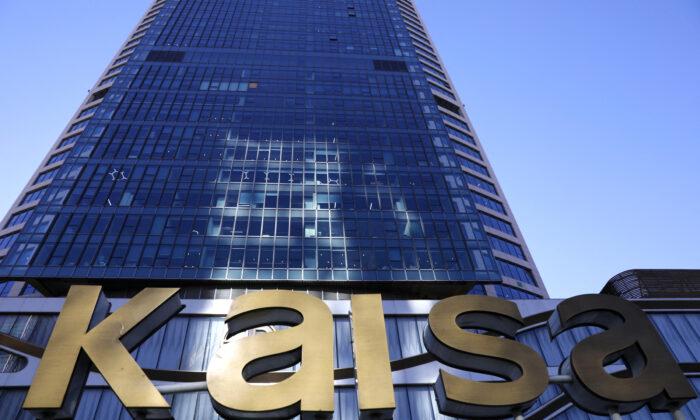
Friends Read Free